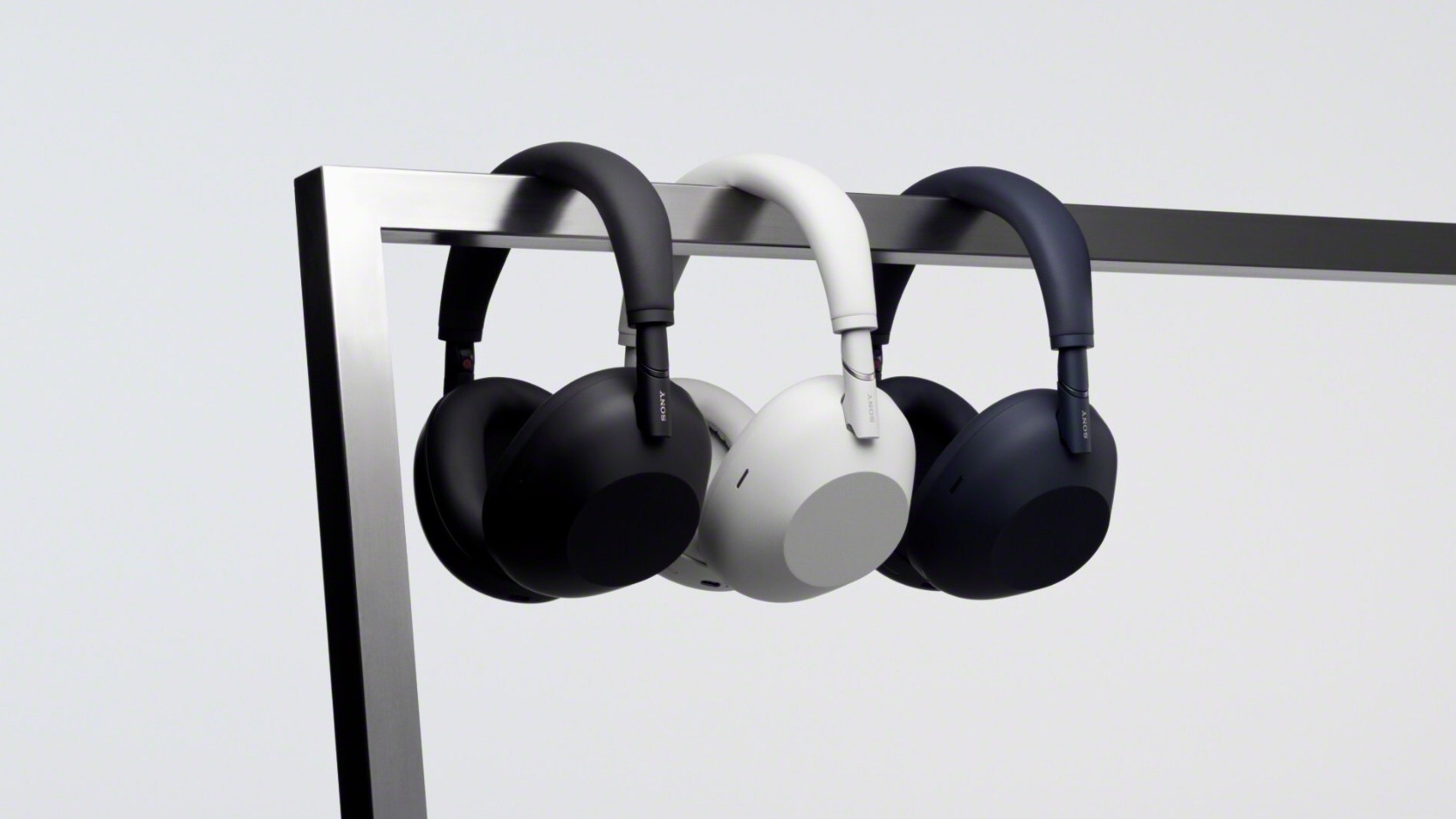Meta Q1 2022 earnings hurt by Ukraine war, ad woes, and Metaverse spending
Beating expectations, but only barely.

What you need to know
- Meta stocks rose in after-market trading despite lower-than-expected revenue of $27.9 billion.
- Reality Labs lost nearly $3 billion this quarter developing future projects like Project Cambria and Nazare.
- During the Meta earnings call, CEO Mark Zuckerberg attributed revenue decreases to the Russian ban and war in Ukraine.
- Daily and monthly active users on Facebook and Meta Family of apps rose slightly, calming investor fears.
Meta fell just short of economists' revenue expectations but managed to grow its app family audience enough that investors were mollified, leading to a 19% stock boost.
According to a Refinitiv survey cited by CNBC, Meta revenue hit $27.91 billion vs $28.2 billion expected, while daily active users (1.96 billion) just barely beat the expectation of 1.95 billion.
Meta had a disastrous fourth quarter last year, losing billions thanks to changes to iPhone privacy policies, a pivot to shorter Reels videos that aren't easily monetized, and major spending on VR/AR projects.
This quarter, not much has changed on these fronts, and Meta must also now contend with a Russian ban of Facebook and Instagram, plus other revenue reductions that Zuckerberg attributes to the war in Ukraine and no longer accepting Russian ad revenue.
Overall, Meta's net income of $7.465 billion is its lowest since mid-2020. Total revenue is higher than in Q1 2021 by nearly $2 billion, but higher R&D losses offset this growth.
"It was a mixed report overall as the social media giant continues to struggle with slowing revenue growth amid reduced ad spending amid the current inflationary environment," says Jessie Cohen, senior analyst at Investing.com.
Still, investors apparently feared much worse numbers would arise and that Meta was overspending despite its losses. According to analyst Gene Munster, this earnings call suggests Meta isn't falling behind TikTok as badly as many assumed.
Be an expert in 5 minutes
Get the latest news from Android Central, your trusted companion in the world of Android
$FB is up because of cost management. They beat on earnings by 10%, this goes in the face of the narrative that the company is overspending. In fact, they lowered the total expense target for 2022 from $90-95B to $87-92B, down 3%April 27, 2022
Last year, Meta lost $10 billion on its Reality Labs investments on VR, AR, and the Metaverse. That trend continued this quarter, with RL losing $2.96 billion despite earning $695 million in profits on Quest sales.
CEO Mark Zuckerberg acknowledged during the Meta earnings call that the company had invested heavily in long-term projects like VR/AR during a coronavirus-fueled e-commerce boom last year, and that "with our current business growth levels, we are now planning to slow the pace of some of our investments."
Zuckerberg promised that it would release its upcoming high-end VR headset, Project Cambria, this year. Interestingly, he framed it as "eventually replacing your laptop or work setup," which shows the brand is going all-in on mixed reality as a viable work tool. Enterprise VR partnerships could be Meta's next focus.
We also know Meta is hard at work developing several AR glasses prototypes and that Zuckerberg wants to have an "iPhone moment" when Meta releases them. But we have to ask whether Meta's investment cutbacks will hurt its AR initiatives.
Zuckerberg stressed that its long-term VR/AR investments will create a platform that is "comparable in value to leading mobile platforms today," which in his mind justifies the billions in profits lost in the short term.
At the moment, Zuckerberg says the company is focusing on expanding Horizon Worlds with a web version to make its social platform more popular, as well as helping creators "make a living" in the metaverse through in-app purchases.
Where does Meta go from here? Cohen says that Meta "still has to figure out how to deal with Apple's new privacy approach that limits tracking users as well as the growing popularity of TikTok." Zuckerberg said during the call that he was confident ad revenue would return to previous levels, but didn't explain how or when.

Michael is Android Central's resident expert on wearables and fitness. Before joining Android Central, he freelanced for years at Techradar, Wareable, Windows Central, and Digital Trends. Channeling his love of running, he established himself as an expert on fitness watches, testing and reviewing models from Garmin, Fitbit, Samsung, Apple, COROS, Polar, Amazfit, Suunto, and more.
